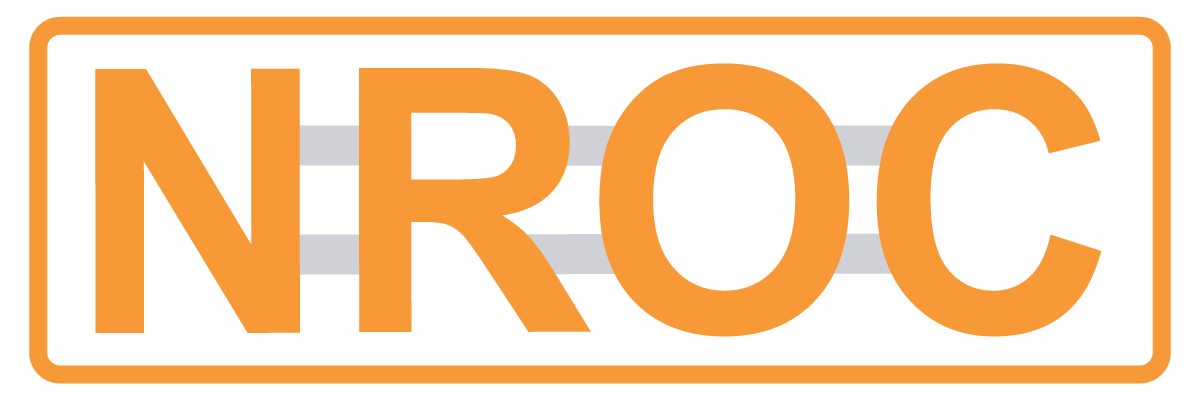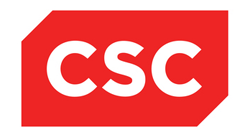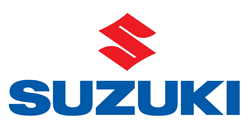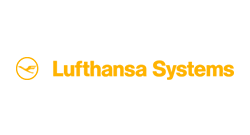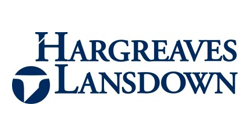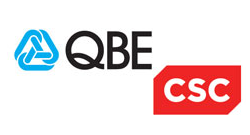The Hidden Risks of Free File-Sharing Tools: Why Organisations Need Secure Managed File Transfer (MFT)
Most organisations are surprised when they finally audit how data is being shared across their teams. Every day, sensitive files move through channels that IT and security teams do not control.
A designer uploads large files to WeTransfer because email can’t handle them.
A project manager drops documents into a personal Dropbox to “make sharing easier”.
A developer uses FileZilla because “that’s how we’ve always done it”.
Individually, these actions seem harmless. Collectively, they create one of the fastest-growing risks in modern IT security: unmanaged file sharing, also known as Shadow IT.
And for organisations governed by UK GDPR, EU GDPR, PDPA, ISO 27001, NIS2, or industry-specific regulations, this risk is no longer something that can be ignored.
Shadow IT: Not a Buzzword. A Daily Reality.
Shadow IT happens when employees use tools or services without the organisation’s knowledge or approval. It rarely comes from malicious intent. In most cases, staff simply want to get their job done.
Shadow IT usually appears because:
- A deadline is tight
- The official system is slow or difficult to access
- The file is too large for email
- Someone doesn’t know the approved method
- A quick workaround seems more convenient
But the moment a file is moved outside sanctioned channels, IT loses visibility and control. This creates serious risks:
- No audit trail
- No visibility of where data is stored
- No way to revoke access
- No assurance of compliance
- No incident response capability
- In short, the organisation is exposed.
How Everyday Tools Become High-Risk Channels
These tools are convenient — but convenience comes at the cost of control, visibility, and compliance.
1. Personal Cloud Storage (Dropbox, Google Drive)
These services are designed for personal use, not regulated enterprise environments.
Risks include:
- Files syncing to multiple unmanaged devices
- Sharing links easily forwarded beyond the intended recipient
- No central logging for audit or compliance
- Corporate data stored in personal accounts
In many cases, organisations only discover this behaviour after an incident.
2. Free File-Sharing Websites (e.g. WeTransfer Alternatives)
Users love them because they are quick and frictionless.
However, these services often lack:
- Enterprise-grade encryption
- Password-protected downloads
- Central governance
- Detailed access logs
- Data residency guarantees
Some also store data in countries that fall outside UK GDPR or PDPA compliance.
3. Legacy FTP Clients (e.g. FileZilla)
FTP has been around for decades, and many teams still rely on it for internal or partner transfers.
But unmanaged FTP creates serious blind spots:
- Credentials often stored in plaintext
- Transfers susceptible to interception
- No centralised audit logs
- No compliance reporting
- No visibility of who accessed what
For regulated industries, this represents a major audit and security gap.
The WeTransfer Debate: A Cautionary Case Study
WeTransfer has faced scrutiny over metadata handling, the lack of end-to-end encryption, and how files are routed or stored.
The issue is not WeTransfer specifically.
The issue is that free file-sharing tools are not built for enterprise governance.
Their goals are convenience and scale.
Your goals are security, compliance, audit readiness, and operational continuity.
Those two goals rarely align.
The Real Problem Isn’t the Tools — It’s the Lack of Control
Dropbox, FileZilla, WeTransfer and similar tools are not inherently bad. They are simply not designed for:
- Regulated industries
- Sensitive information
- Large operational workflows
- Governance and auditability
- Enterprise-wide security standards
When teams adopt these tools informally, organisations face:
- Data leakage
- Loss of intellectual property
- Inability to produce audit evidence
- Non-compliance with GDPR or PDPA
- Exposure to phishing or link interception
- Insider threat blind spots
And because these tools operate outside IT’s visibility, many incidents go undetected.
Why Managed File Transfer (MFT) Has Become Essential
Managed File Transfer platforms were built specifically to eliminate uncontrolled file-sharing behaviour.
They provide:
- Enforced encryption
- Secure protocols for data in transit and at rest
- Full audit trails and reporting
- Access and retention controls
- Automated workflows for operational resilience
- Integration with ERP, CRM, HR, supply chain and more
- Secure email plug-ins for user-friendly transfers
MFT gives organisations complete visibility and control without slowing users down.
This is why MFT adoption is accelerating across financial services, healthcare, supply chain, manufacturing, government, and any sector handling sensitive data.
How HANDD Helps Organisations Take Back Control
For more than 15 years, HANDD has specialised exclusively in secure data movement and MFT across the UK, Europe, Asia, and Australia. We help organisations replace high-risk file-sharing habits with secure, compliant, fully governed MFT platforms.
Our expertise covers advisory, solution selection, implementation, and 24/7 managed operations.
HANDD partners with industry leaders including:
- Fortra (GoAnywhere, Globalscape)
- Seeburger
- Progress
- South River Technologies
- Coviant
With HANDD, organisations gain:
- Complete visibility of file transfers
- Reduced Shadow IT
- Stronger audit readiness
- Simpler compliance
- Operational continuity
A dedicated team managing the environment end-to-end
If Your Teams Still Use Free File-Sharing Tools, It’s Time to Rethink the Risk
Shadow IT cannot be eliminated by blocking tools alone.
It must be replaced with something better — secure, seamless, and compliant.
A modern Managed File Transfer platform gives your teams the speed they need while giving IT and security the control they require.
If you want to eliminate risky file-sharing behaviours and modernise your secure data transfer strategy, our team can help you evaluate the right MFT solution for your environment.
Book a consultation with our MFT specialists
Request a personalised MFT demo





